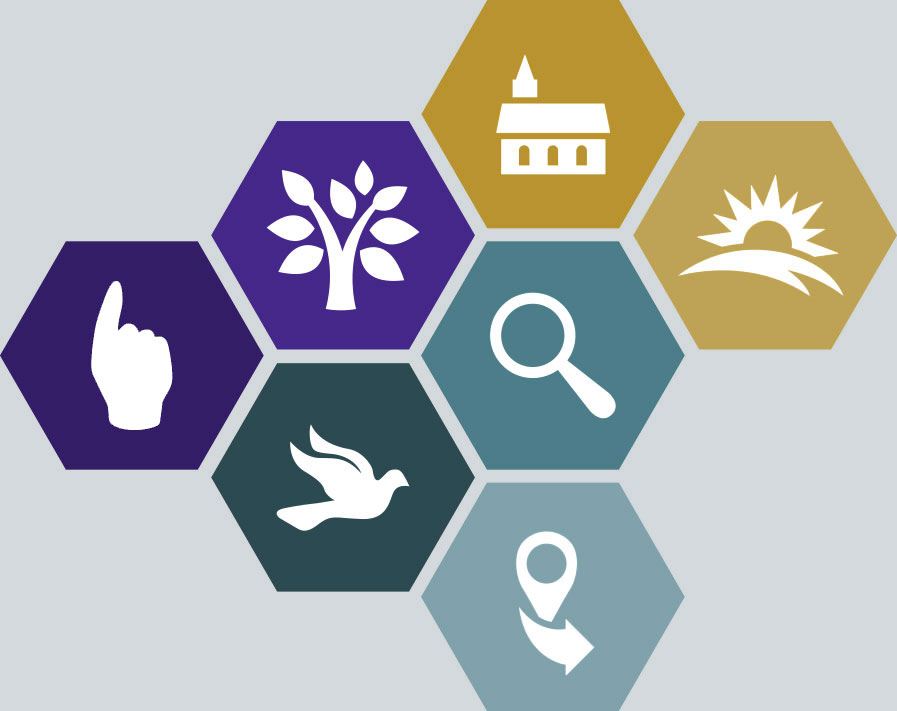Mobilizing Local Resources
How Do We Encourage Local Giving?

How do we encourage local giving?
When those stuck in generational poverty are challenged to give, they have two common reactions:
- They argue that they have nothing and can do nothing. Sadly, this is a lie that blinds many people to the resources God has given them.
- They are hopeful and excited. After hearing what God has done in other communities when people used what they had for His glory, people often ask, “Could that happen here, too?”
As discussed in the previous article, if we are to see transformation among vulnerable people, we need to mobilize local resources. In order to do that, we must help people move from the first reaction to the second. But how?

Teach truth
Truth is powerful—it sets people free. We need to teach truth that confronts the lie of dependency. Some of the truths that Majority World churches need to understand include:
- We have been given much. Most of us are much quicker to identify what we don’t have than what we do have. All of us, and especially the materially poor, need to be reminded that God has not forgotten to give us anything.
- We need to steward wisely what God has given us. Regardless of how much or how little we feel we have, we need to steward it well, recognizing it all belongs to God.
Everyone is expected to give. Most people trapped in poverty believe they are too poor to give, and that others should give to them. We need to help people see that the Bible doesn’t make that distinction.

Help people to see the resources they have
Too often churches see money as the resource that is required for Kingdom building. An important role that we, as outsiders, can play is helping open their eyes to the non-financial resources they already have and how they could be used to glorify God.
Every community has an incredible abundance of resources—people with gifts and talents, relational abilities, natural resources, tools, bicycles, pots and pans, relevant skills, strength and energy, and—at least within the Church—the Holy Spirit, who gives wisdom and answers to prayer. Made in God’s image, they have the ability to make plans and decisions, to be creative, and to solve problems. When we start to help the poorest people to see all that they have, they are generally amazed.

Start small and simple
As churches are challenged to do something small and simple using the resources they already have, the impact can be massive. Water systems are restored back to usefulness with a few simple hand tools and volunteer labor. Previously fallow land is planted and produces a harvest. Providing a widow with a new grass roof costs nothing but time, but can have a huge impact on the life of that family. With picks and shovels, churches repair and widen dirt roads so children can get to school and crops can get to market.
Beyond the immediate impact, success in these early projects starts to change the way community members see themselves. Instead of identifying themselves as victims, they realize they are able to do something impactful. Quickly, churches get to a point where they are doing more and more.

Challenge people to give
Some ways to challenge people to give include:
Make Space
We should never be giving all that is needed for a project. There should be some sort of gap between what is needed and what we provide. This is not stingy or withholding; it is providing an opportunity for people to see God meet their needs, to use what God has already given them, and to have ownership of what is happening in their community.
Get Creative
Sometimes we need to help our partners think creatively about how they can raise what is needed. In one area, a local organization needed money for church trainings. As they brainstormed with the churches how to address the need, some of the churches realized they had plenty of land and could raise a garden, sell their vegetables, and use the proceeds to pay for the training.
There are many options. Sometimes Majority World partners just need someone to get them started thinking creatively about their resources, and they quickly rise to the challenge.

Build skills
For those working with a large organization or denomination, the issue of raising local resources can be more complicated. You may need to help the in-country team to develop the skills to raise resources. Development Associates International has an excellent, free, online course.

Break it down
Those coming from a Western background constantly hear appeals broken into smaller amounts such as “sponsor a child for $1 a day.” But in countries where giving hasn’t been emphasized, most people are unfamiliar with ways of breaking down the numbers and explaining them so they feel achievable. Often they remain stuck in the mindset that only the richest can give.
One local ministry had a goal to raise $10,000. Initially the sum seemed impossible. However, as the local leadership team worked it out, they realized that each of the six leaders only needed to find seven families, groups, or churches willing to give $20 a month. Suddenly it seemed possible. After sitting paralyzed by the idea for the previous three months, the next month they more than achieved their target.
Conclusion
Encouraging local giving can be a challenge. It takes time. There are deeply-rooted lies that must be overcome and new skills that must be learned. But the results are so worth the effort. As people contribute, their eyes are opened to all that God has given them, they regain dignity is stewards of creation and Kingdom-builders, and they have the opportunity to see God multiply their offerings for His glory.



